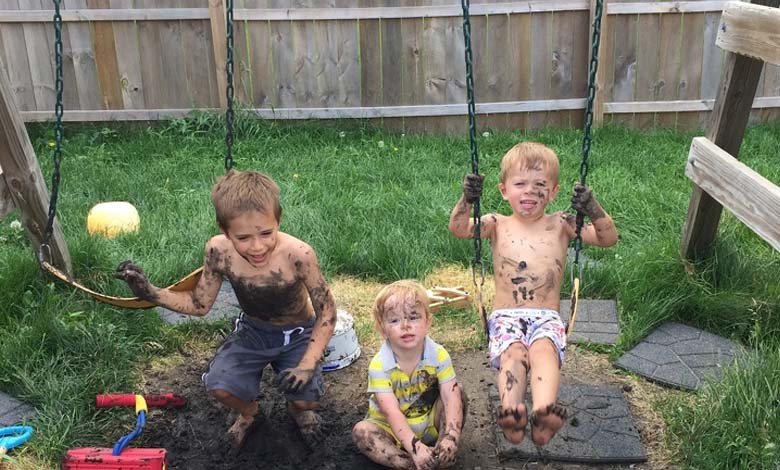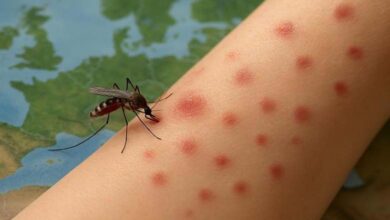Playing in the Dirt: Is it Beneficial for Children’s Immune System?

In recent years, a debate has emerged about the health benefits of allowing children to play in the dirt. Contrary to traditional wisdom, emerging research sheds light on the positive effects of early exposure to microbes and natural environments on children’s immune systems, with experts emphasizing that such exposure may reduce the risks of allergies and autoimmune diseases.
According to a report published by livescience, the immune system undergoes crucial development during childhood, requiring exposure to different microbes to distinguish between harmful substances and others. Experts explain the role of the gut microbiome, which contains essential microbes, as pivotal in shaping immune responses. These microbes, acquired during birth and breastfeeding, contribute to the body’s defense mechanisms and assist in vital functions such as digestion and vitamin production.
According to the new hypothesis proposed by Professor Graham Rook of University College London, early exposure to diverse microbes, especially commensal bacteria, enhances immune system maturation. Research, including a notable experiment in Finland, indicates that exposing children to natural environments, such as forest soil, promotes immune regulation and diversity of non-harmful bacteria present on their skin.
Studies supporting this idea highlight associations between early-life microbial exposure, such as living on farms or with pets, and reduced prevalence of allergies in children. However, concerns about overuse of antibiotics and cesarean deliveries underscore the potential risks associated with disrupting the gut microbiome in early life.
Despite promising effects, Dr. Robert Wood of Johns Hopkins University School of Medicine warns against oversimplifying allergy prevention strategies. While outdoor play is encouraged, he emphasizes that genetic and environmental factors significantly influence allergy development. He stresses the importance of distinguishing between beneficial and harmful dirt, especially in polluted areas containing contaminants or toxins.
Practical considerations regarding dirt exposure include avoiding ingestion or inhalation of harmful elements such as lead or parasites. Thus, while outdoor play offers numerous benefits, responsible supervision and environmental awareness are essential to protect children‘s health.
As researchers delve deeper into this field, promoting a balanced approach to outdoor play while prioritizing safety remains crucial in fostering comprehensive child development.












